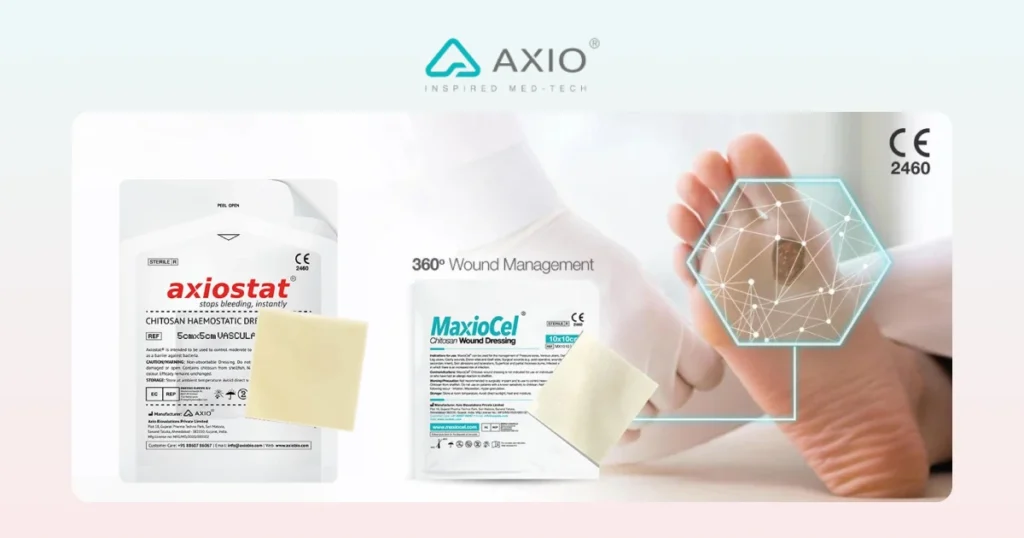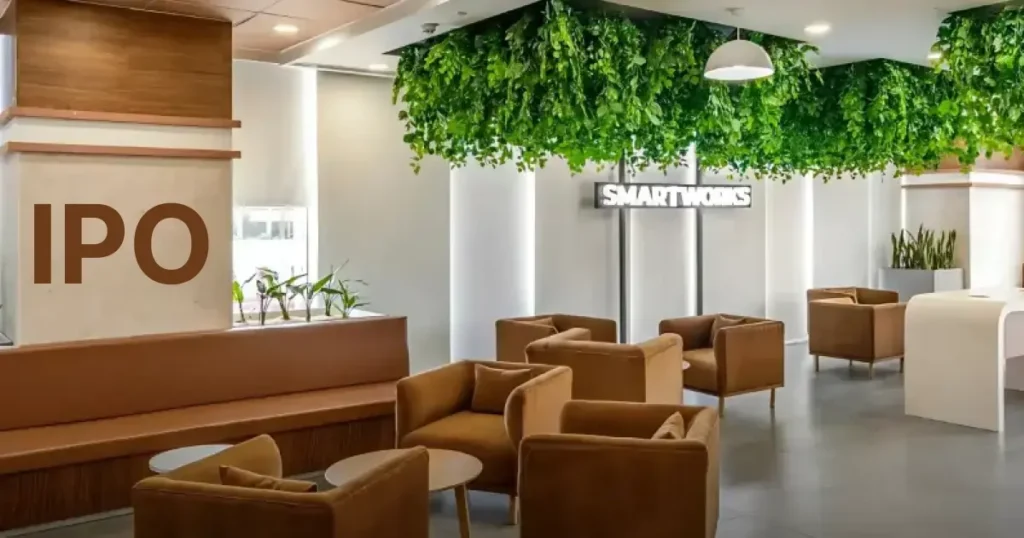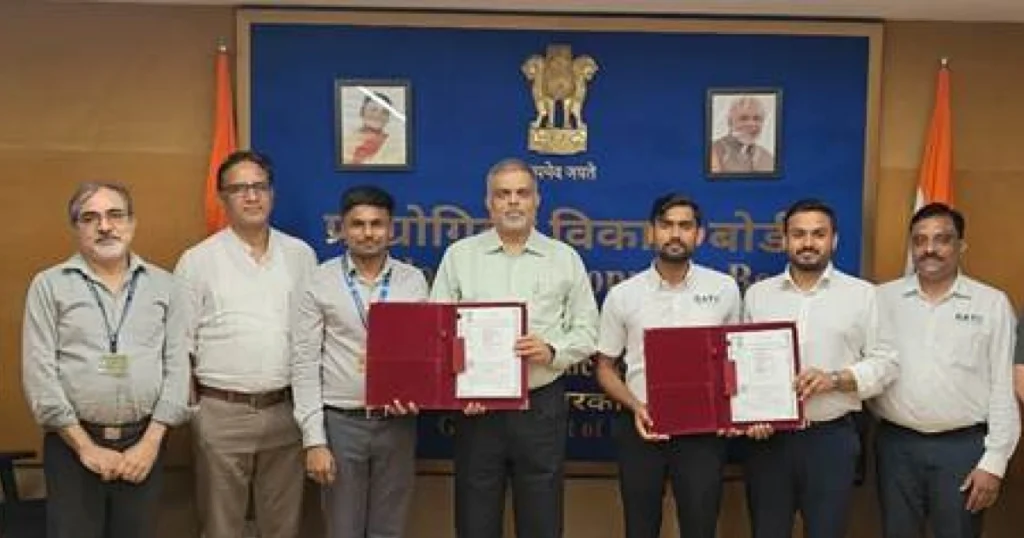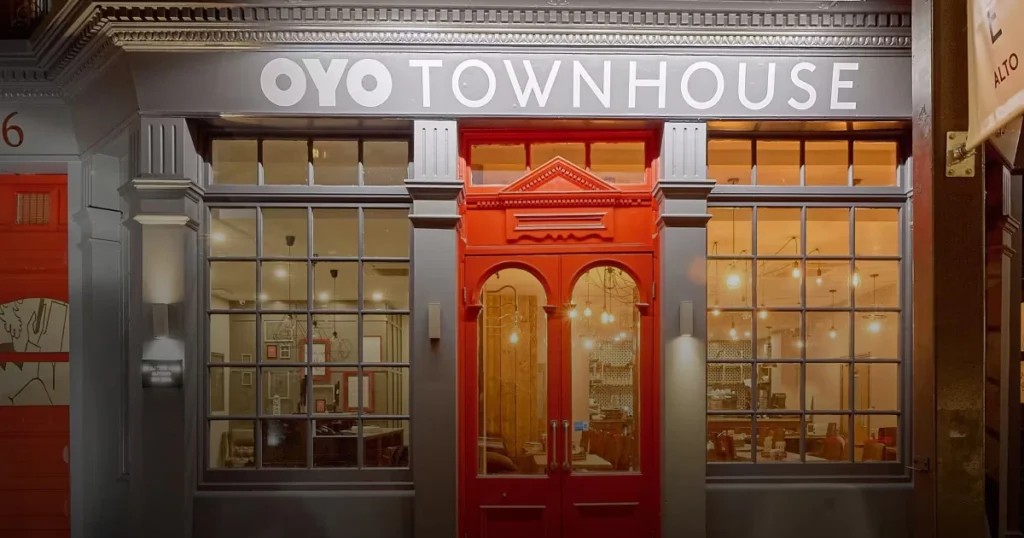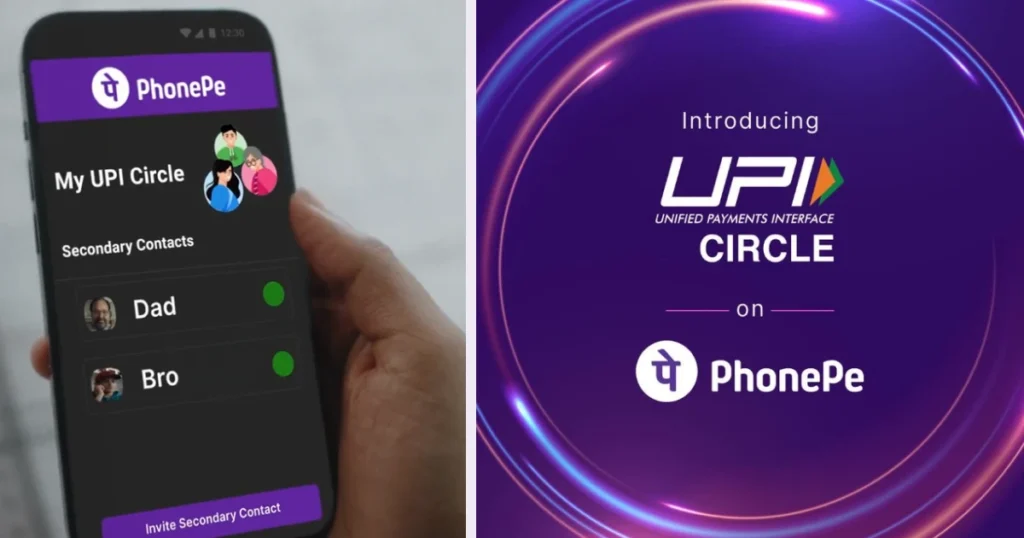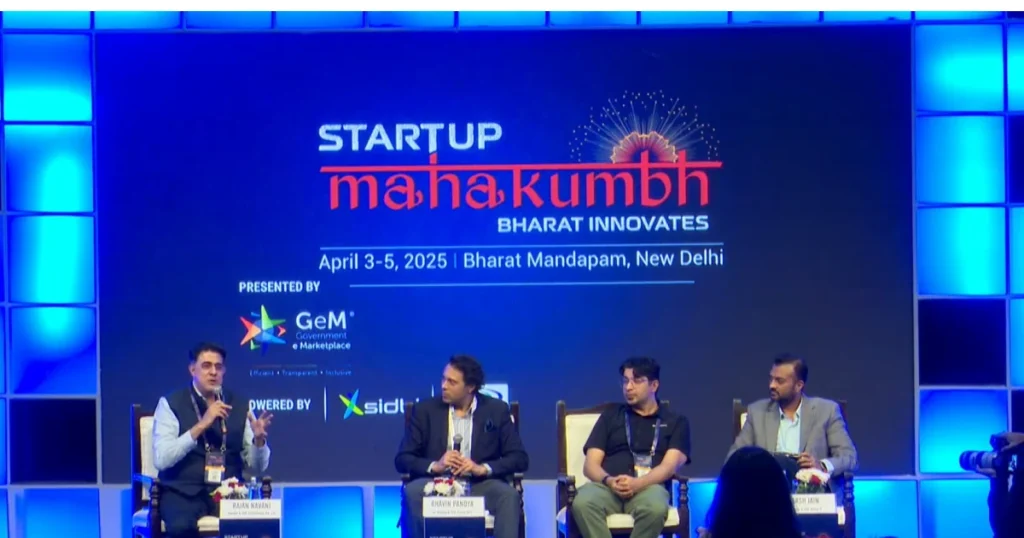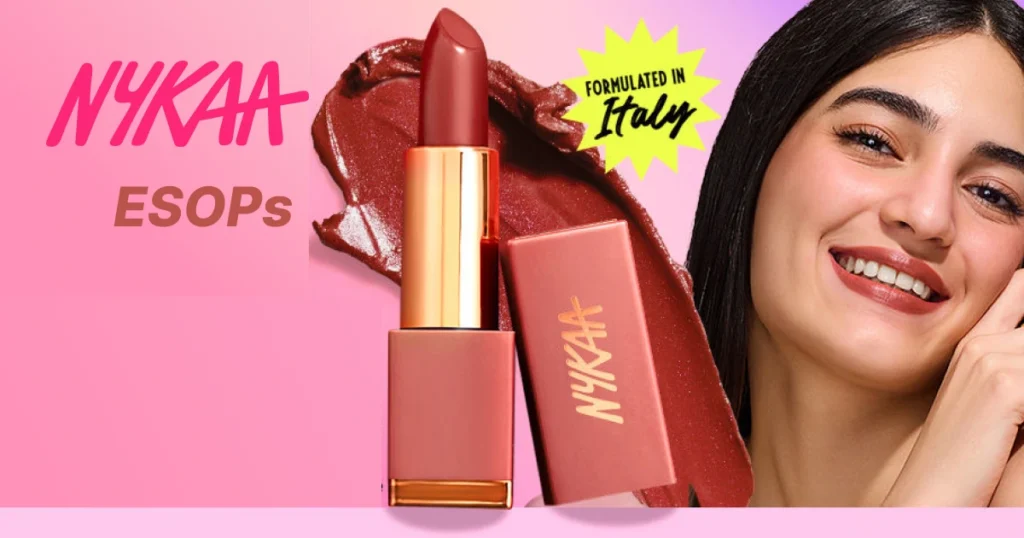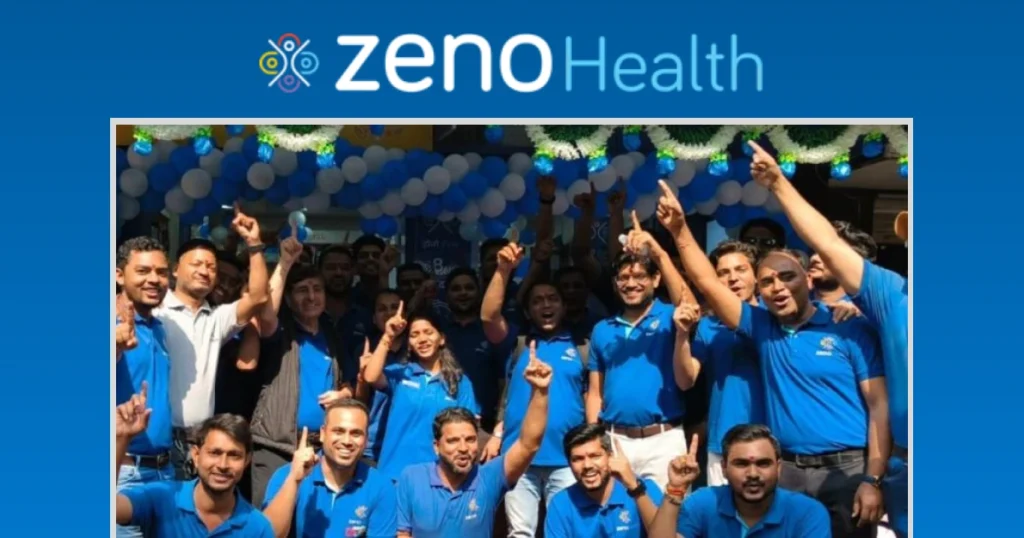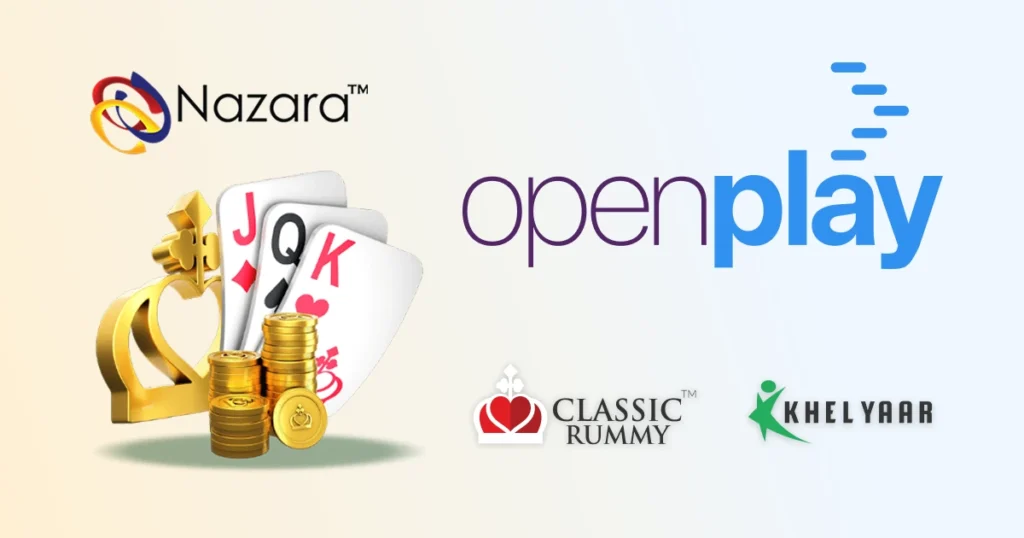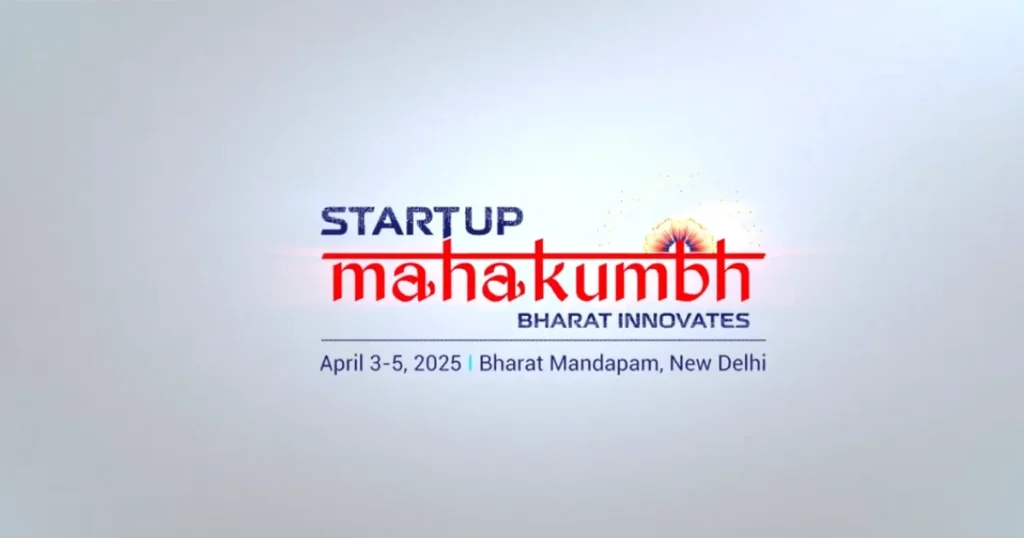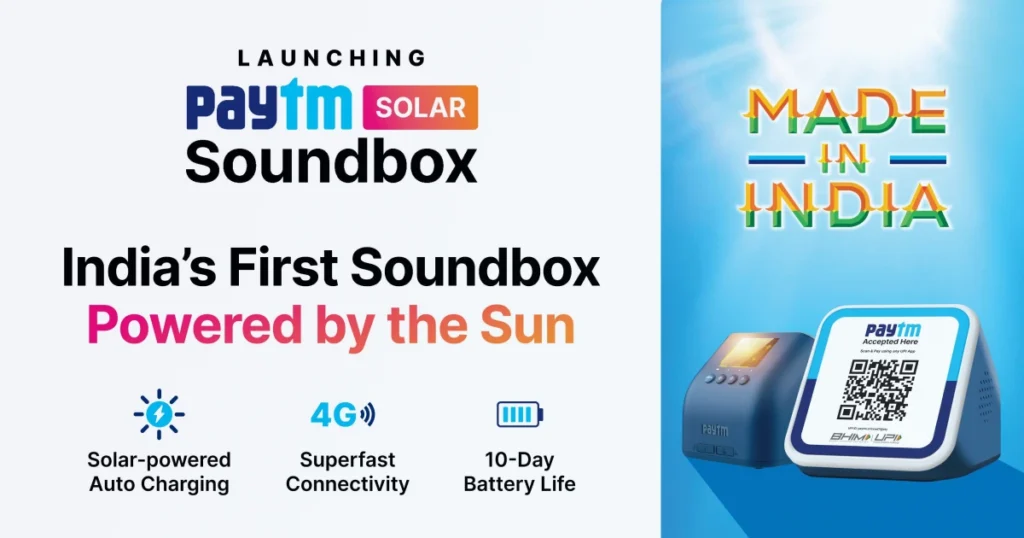Axio Biosolutions, a pioneering startup from Ahmedabad, Gujarat, is making a significant impact in the global healthcare industry.
Founded in 2008 by Leo Mavely, Axio focuses on creating innovative medical products that address critical challenges in wound care and surgical procedures.
By leveraging deep knowledge in biomaterials, medicine, and engineering, the company is revolutionizing how wounds are managed and treated.
The Challenge Axio Is Solving
Bleeding and wound care are two of the most critical concerns in healthcare.
Trauma, surgical wounds, and chronic injuries require effective management to reduce complications and improve recovery times.
For years, medical professionals struggled with limited options when it came to bleeding control and chronic wound healing.
Traditional dressings and bandages could be insufficient, especially for severe bleeding or chronic wounds that don’t heal easily, such as diabetic foot ulcers or pressure sores.
Patients often faced extended recovery times, discomfort, and in some cases, permanent damage due to inefficient treatments.
Axio Biosolutions set out to address these issues with a focus on advanced biomaterials and medical technologies.
The company aimed to create products that could effectively stop bleeding quickly and promote faster healing of chronic wounds.
By combining science and engineering, Axio developed products that use unique bioactive materials to stop bleeding and enhance wound healing.
Innovative Products Changing Healthcare
Axio’s product lineup includes Axiostat, a bioactive hemostatic dressing, and MaxioCel, an advanced wound care dressing.
Axiostat is a groundbreaking product designed to stop bleeding in as little as minutes. It works using a unique charge-based mechanism that helps form a mechanical barrier at the bleeding site, effectively stopping the blood flow.
Axiostat’s technology, Protonated Bioadhesive Technology (PBT®), makes it an essential tool in both surgical and emergency settings.
It is the first chitosan-based hemostatic dressing from India to receive approval from the US FDA and is extensively used by defense forces worldwide, demonstrating its effectiveness and reliability.
MaxioCel, on the other hand, addresses the challenges of chronic wound care. This advanced antimicrobial wound dressing is designed to treat various chronic wounds, including diabetic foot ulcers, pressure sores, and burns.
MaxioCel uses Bioactive Microfiber Gelling Technology (BMG®), which provides excellent exudate management, pain relief, and scar improvement.
It is highly absorbent and designed to fit any wound size or shape, ensuring that patients receive the most effective care.
Both products are manufactured with stringent quality controls, and Axio’s commitment to continuous innovation ensures that these products remain at the forefront of medical technology.
The company’s manufacturing processes are compliant with global standards, such as ISO 13485:2016, ensuring that the products meet the highest standards of safety and efficacy.
The Company’s Growth and Global Reach
From its humble beginnings, Axio has grown rapidly and now operates in over 50 countries worldwide.
With more than 1.5 million units shipped to various markets, the company is establishing itself as a global leader in the med-tech field.
Axio’s commitment to quality and its focus on customer satisfaction have helped it build strong partnerships with hospitals, clinics, and healthcare providers across the globe.
By continually expanding its product portfolio and working closely with healthcare professionals, Axio is steadily increasing its presence in the global medical devices market.
The company’s success can be attributed to its strong research and development team, which continuously works to improve existing products and develop new ones.
Axio is constantly exploring new ways to enhance its product offerings by combining biomaterial science with the latest advancements in medical technology.
As a result, the company’s products are not only effective but also affordable, allowing them to reach a wide range of patients in both developed and emerging markets.


